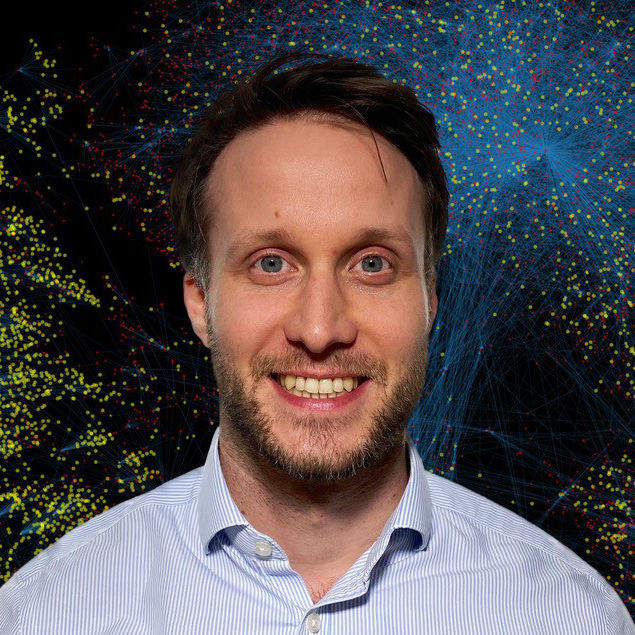Adam
Professor of Information Systems, University of Bath
Key qualifications: I have a degree in Psychology and PhD in experimental social psychology.
What does your job involve? At the University of Bath, I teach how people and technology interact and lead projects on cybersecurity and internet safety. The best thing about my job is that I get to experiment with new technologies - I'm currently working with two different types of robot to study how people decide whether or not to trust advice from non-humans.
How did you get into your current role? After studying A-Levels I did a degree in Psychology, and then worked for a public relations firm whose clients were mainly large technology firms. Although I enjoyed it, I really wanted to do research, so I applied for funding to study a PhD. During my PhD, early web browsers started to be developed, and my final study (in 1994!) was on whether football fans' visits to sites changed when their team lost (it does - it goes down). Learning how these early web sites were coded, and how to collate their log-file data for analysis, started my research career looking at humans and technology.
What did you want to be when you were younger? Journalist, or classic car restorer.
What do you do outside work? I'm currently learning how to develop using Android Developer Studio in my spare time, and have just taken over an overgrown allotment so spend dry weekends clearing that out. I like going up and down the hills of Bath on my (electric) bike.













